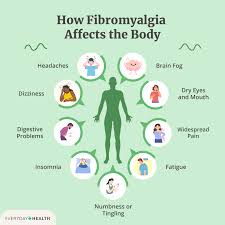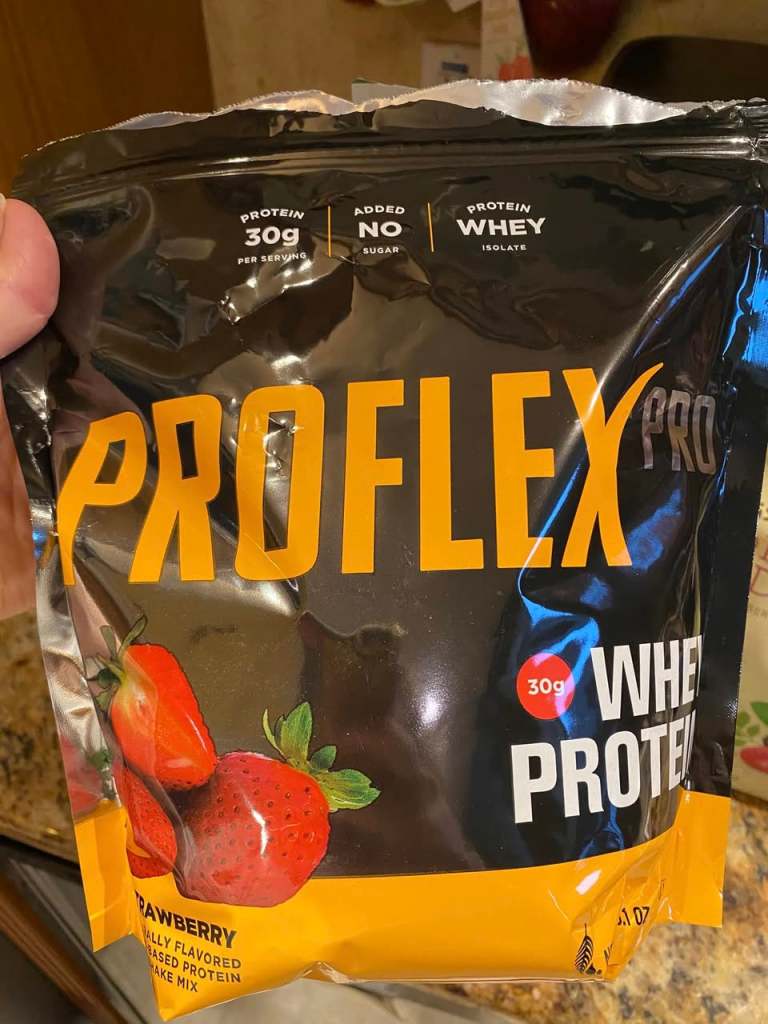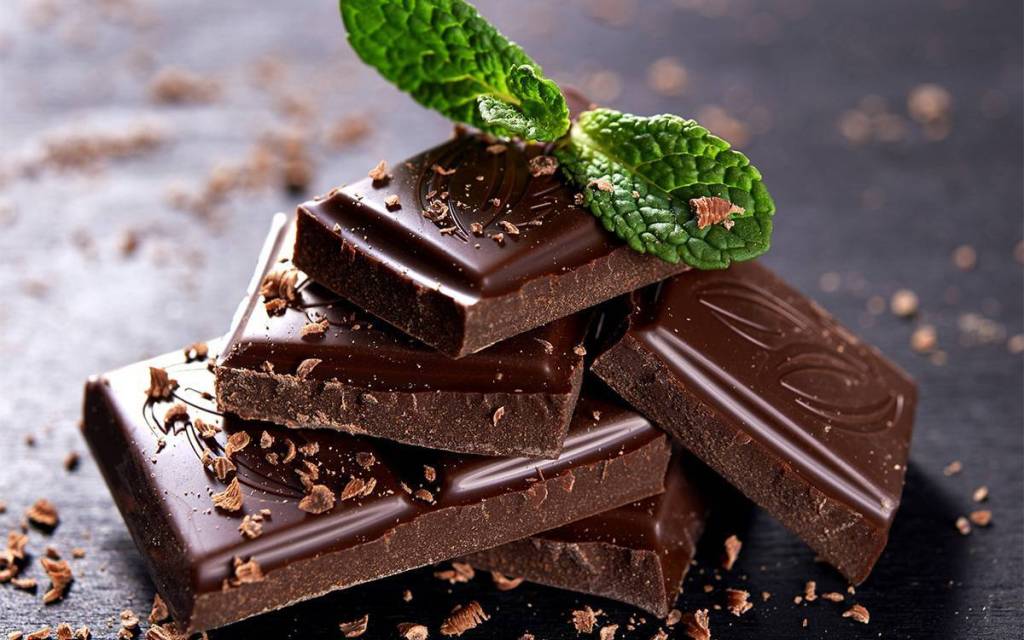I read this write up from a well respected international nutritionist and I found it fascinating:
“The best kept secret in nutrition has been kept under wraps for over 70 years.
This is it:
MINERALS ARE THE SPARK of LIFE and ARE EVEN MORE IMPORTANT THAN VITAMINS.
“Every single cell relies on life-sustaining minerals for numerous bodily functions. And there are over seventy trillion cells in the human body, each one acting like a catalyst to keep your biological battery going and help it hold a charge.
If your multivitamin doesn’t include vital trace minerals like molybdenum, manganese, and boron, it’s not supporting your body—it’s depleting your life force. Those ingredients are the missing links to the detox, hormone, and bone pathways that are under daily attack in our toxic world.
Molybdenum: A cellular purifier. It detoxifies aldehydes (byproducts of yeast, alcohol, and petrochemicals) and clears sulfur buildup that can tank your energy. If you have candida, migraines, or sluggish detox — you need this.
Manganese: Absolutely vital for pituitary support, antioxidant defense, and strong bones. Most multis leave this out entirely — a major oversight for women over 40.
Boron: The hormone and bone builder. This powerful trace mineral boosts estrogen and testosterone metabolism, helps activate vitamin D, and improves calcium-magnesium balance.
Translation? Smoother hormones, stronger bones, sharper mind.
You won’t find these in your average drugstore formula. But they’re foundational for lasting health, graceful aging, and resilient detox pathways.
I’ve watched fads come and go—but what never changes is the need for real nutrients in the right forms that your body can actually absorb.”
This information made me go check my multivitamin. Yep… I’m good!















